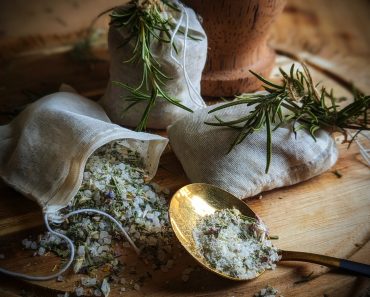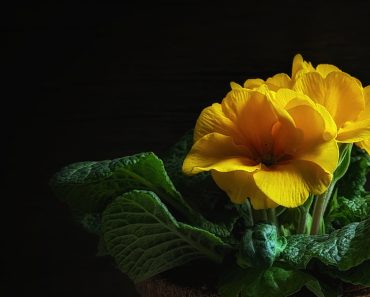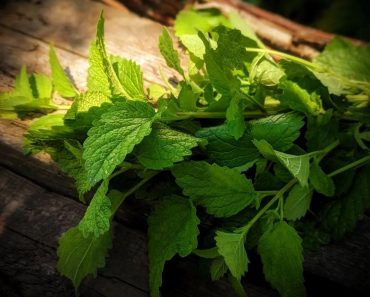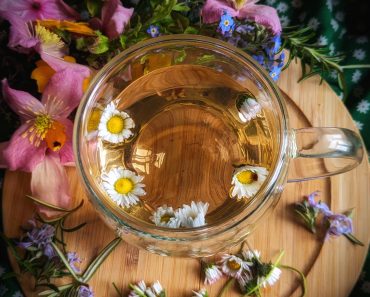Chives (Allium schoenoprasum) are an easy to grow, low maintenance perennial herb. Grown primarily for their oniony flowers and aromatic leaves. These delicious plants are a wonderful addition to salads and offer flavour and bite for other savoury dishes.
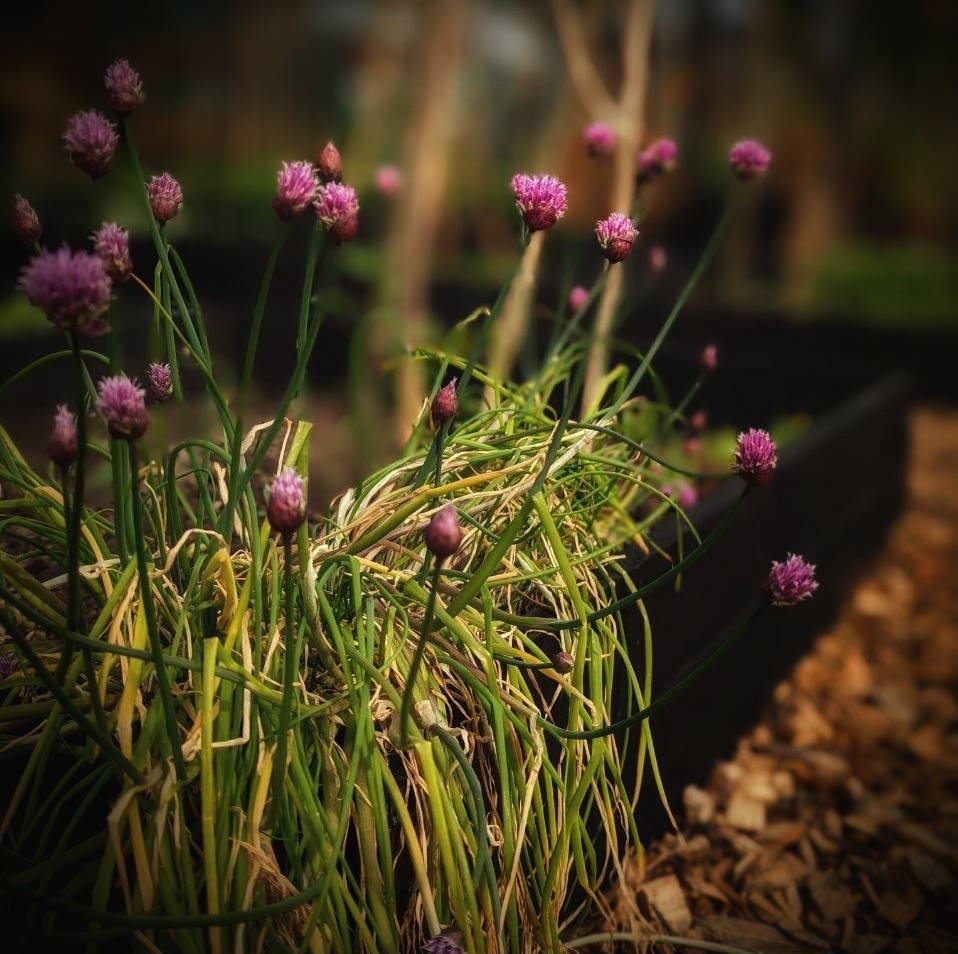
This post may contain affiliate links please see my disclosure policy
The History Of Chives
Chives have been around a very long time! They have been cultivated in Europe since the Middle Ages, with further evidence showing the herb was used by the chinese as much as 5000 years ago!
The Romans in Particular favoured the aromatic herb as they believed it was a source of physical prowess, and included it a great deal in their cooking.
They also regarded it as a medicinal aid and used it as a diuretic, a remedy for sunburn and a healer of sore throats.
Romanian Gypsies believed the Herb had magical attributes, they used it in fortune telling and hung bunches of dried chives around their homes to ward of evil and disease.
Chives Today
Today we mostly use Chives for Culinary Purposes. Flavouring soups, salads and all other manner of savoury dishes.
Chives are particularly popular in France and often a staple ingredient in pancakes, soups, fish and sandwiches. I make a very Good Chive Vinegar dressing perfect for summer Salads!
Chive Characteristics
The chive plant is a bulb forming perennial plant which grows to around 30-50 cm tall. The leaves have a soft smooth texture and are bright green, hollow and tubular and around 2 mm in diameter.
The flowers are light to bright purple, with a pom pom type appearance and are roughly 2-3 cm wide. The flowers begin to appear from April to May in the UK.
What Do Chives Taste Like?
Chive leaves and flowers taste a little like onions, except milder. Although they are mainly grown for their leaves, the chive flowers are equally as delicious, eat them whole or pull them apart and sprinkle the petals on Salads.
Good for your garden too! Chive flowers are wonderful for attracting pollinators to the garden!
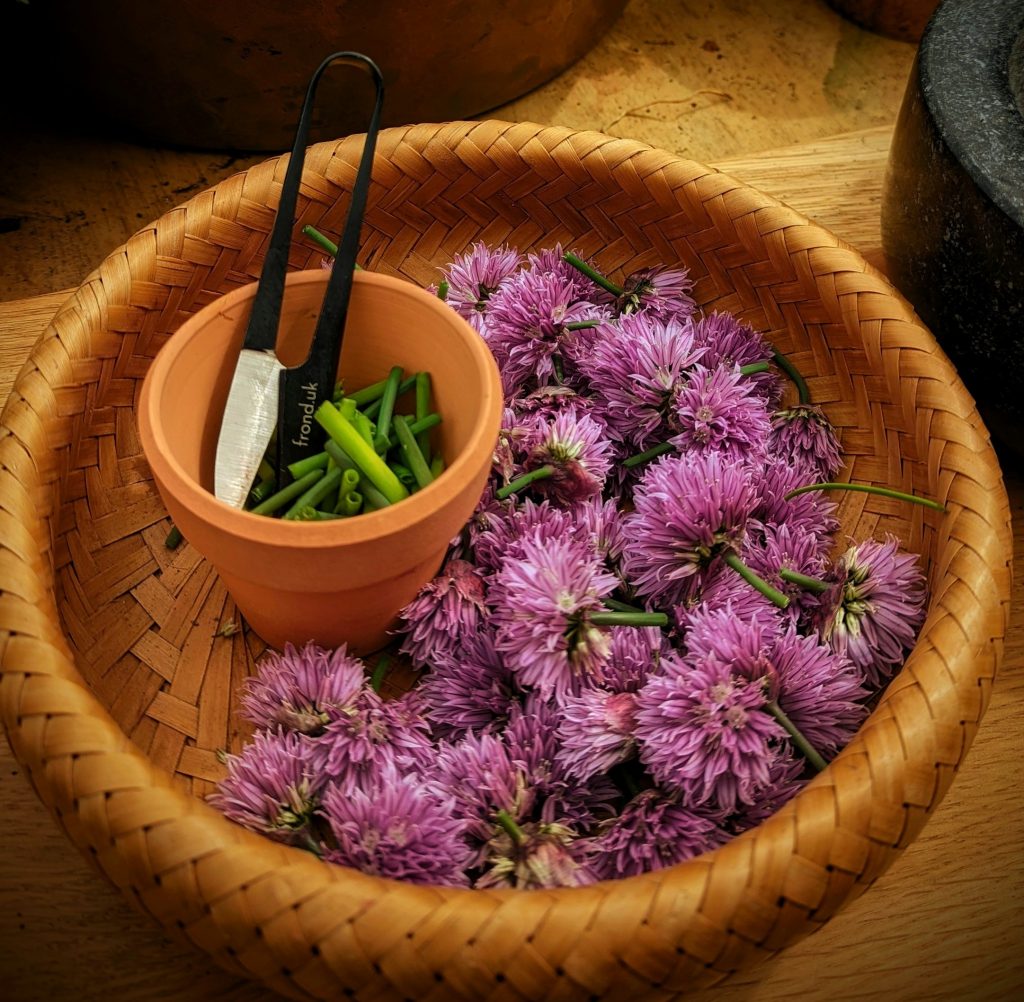
Planting Ideas for Chives
Chives are a compact plant and ideal for borders, path edging, vegetable gardens, herb gardens and even container gardening.
Tuck them in between flowers or vegetables for a show stopping display
Vegetable Companion Plants for Chives
Chives make wonderful bed buddies for -beetroot, carrots, strawberries, tomatoes, rhubarb, potatoes , parsley, cabbage, Aubergines, broccoli, mustard and peppers.
Chives do not Play well with–Beans, peas, spinach and asparagus
Chive Nutrients
Chives are a very nutrient-dense food. Low in Calories but high in beneficial vitamins, minerals and antioxidants!
Let’s take a look at what this wonder herb can offer! Just 1 tbsp of chopped chives provides a hell of a punch, take a look…
- Vitamin C: 1.74 milligrams
- Vitamin K: 6.38 micrograms
- Vitamin A: 6.43 micrograms
- Folate: 3.15 micrograms
- Potassium: 8.88 milligrams
- Calcium: 2.76 milligrams
Health Benefits Of Chives
Chives are good for the body! All those wonderful nutrients packed into every spoonful do wonders for our health, here are few good reasons to grow and eat chives…
Helps with Digestive Issues
The allyl sulfides found in chives have similar benefits to the body as garlic does, and is very effective in easing digestive discomfort.
Chives also have natural antibacterial qualities that help eliminate harmful bacteria in the gut, increasing the nutrient uptake and ensuring your body absorbs as many beneficial nutrients from your food as possible.
May help Improve Heart Health
An important organic compound found in chives is something called allicin. In clinical studies, Allicin has been shown to reduced levels of LDL (bad cholesterol) within the body, improving heart health as a result.
Allicin is also effective in lowering blood pressure…also good news for a happy heart!
Good for The Immune system
The high levels of Vitamin C in Chives can also help the Immune system work more efficiently by helping the body produce more white blood cells which in turn will increase the production of Collagen, an essential component for developing new blood Cells, Tissues, Vessels and muscles.
Vitamin C helps the body to renew and tick over efficiently, building a strong immune system that’s able to fight off any attacks!
Helpful For Bone Health
Rich in Vitamin K, Chives are helpful in maintaining bone mineral density and bone integrity.
Unfortunately, as we age, our bone mineral density begins to drop off a cliff! Leading to conditions such as osteoporosis and also causing inflammation of conditions like arthritis.
Vitamin K can help to produce osteocalcin a protein hormone, which regulates glucose metabolism via the pancreas, which helps to maintain healthy mineral density within our bones
How To Grow Chives
Sow Chive Seeds From March -June
Sow Indoors
- Sow indoors or under glass from March to June. Sow in pots, modules or trays on the surface of moist compost.
- Cover with a sprinkling of compost and place on a sunny windowsill.
- Cover with a propagator lid or Cling Wrap. Germination should occur within 14 – 21 days.
- Plant Out in clumps once all risk of frost has Passed, be sure to harden off indoor raised seedlings first.
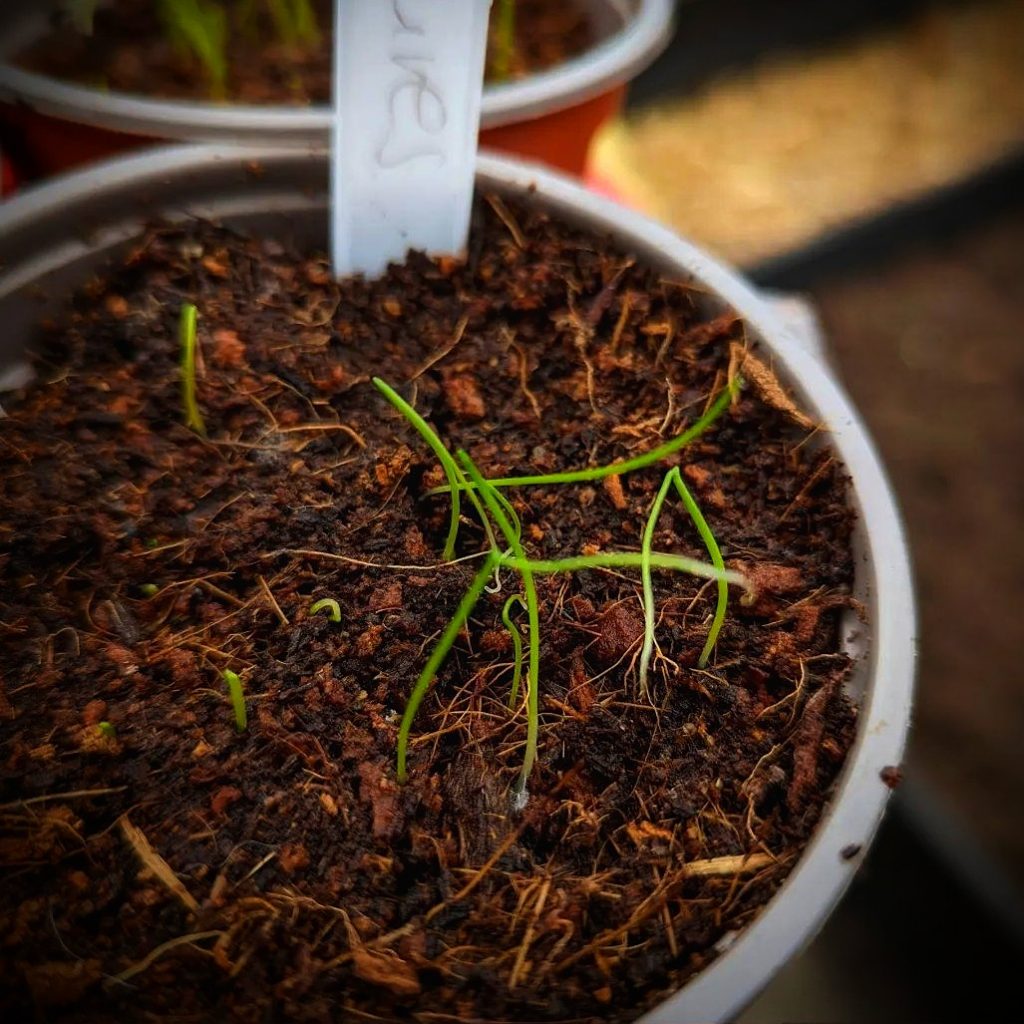
What Does Hardening Off Mean?
Plants raised indoors or in a greenhouse environment, need to be acclimatised to cooler temperatures and increased air movement for about two to three weeks before they are planted outdoors permanently . This is a ‘toughening up’ practice to prepare the plants for their new environment.How to Harden Off
Place your plants out for a couple of hours in a shady part of the garden. The next day, leave them out again for two hours, but this time allow the plants an hour of direct sunshine in the morning. Gradually continue to increase the length of time the plants are in direct sunshine over the course of roughly two weeks.
Sow Outdoors
Direct sow chive seeds outdoors from April in a well prepared seedbed in a full sun position. Sow seeds thinly at a depth of 1 cm in drills around 30 cm apart.
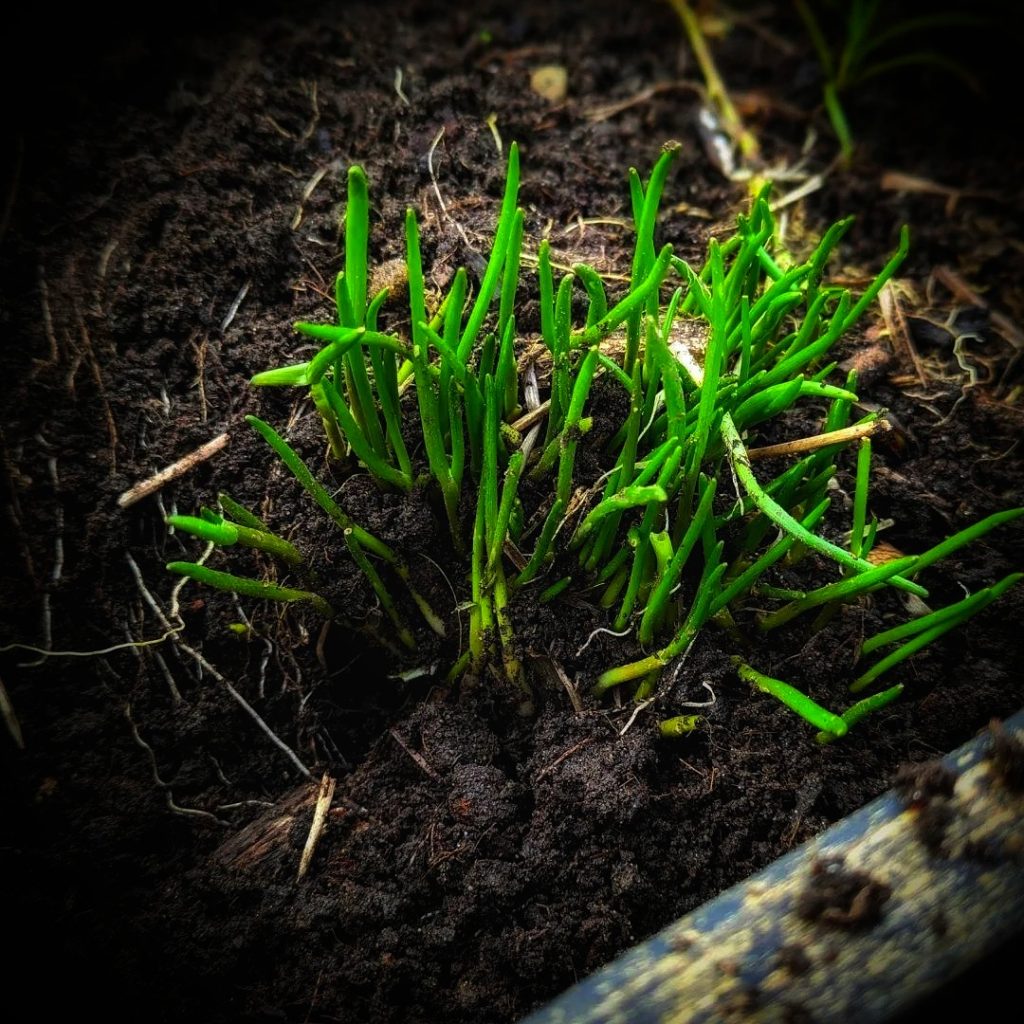
Where To Grow Chives
Chives will grow happily in either a full sun position or in partial shade. They love a fertile, well drained and moist soil.
*It’s also a good idea to dig in some well rotted manure to give your chive plant an extra boost!
Water Requirements For Chives
Chives love a good watering, thankfully in the UK our weather provides plenty! But in periods of drought or particularly hot weather and especially when you are keeping chives in pots…water frequently!
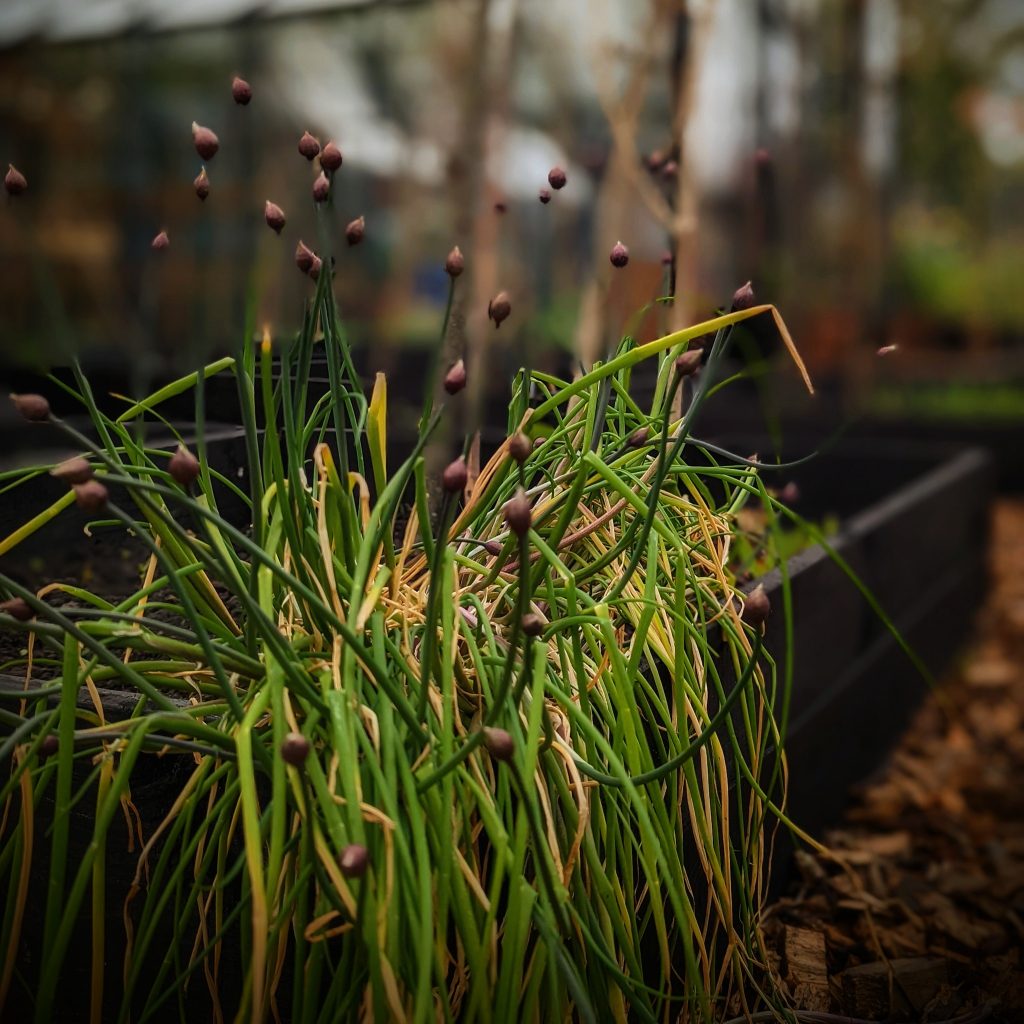
When To Harvest Chives
Chives can be harvested from spring to Autumn. In Autumn the plant will die down over winter, re emerging in spring
How to Divide Chive Plants
For extra FREE chive plants…Every 3 years divide established Chive Plants in spring.
Simply dig up and split the clumps with a spade into 2 or 3 (dependent on the size of Clump) then re-plant.
Want To Grow A Vegetable Garden?
How To Grow Butterhead Lettuce
Chive Recipes?
Looking For more ‘Homely’ Inspo ?
Have a Nosey Around the Blog! See what i’ve been Baking, Growing and Drinking! Also, pop over and say Hi on Instagram
*Any specific health claim or nutritional claims or information provided on the Website are for informational purposes only. Nothing on the Website is offered or intended to be a substitute for professional medical, health, or nutritional advice, diagnosis, or treatment. This Website is not intended to diagnose, treat, cure or prevent any disease. You assume full responsibility for consulting a qualified health professional regarding health conditions or concerns.

